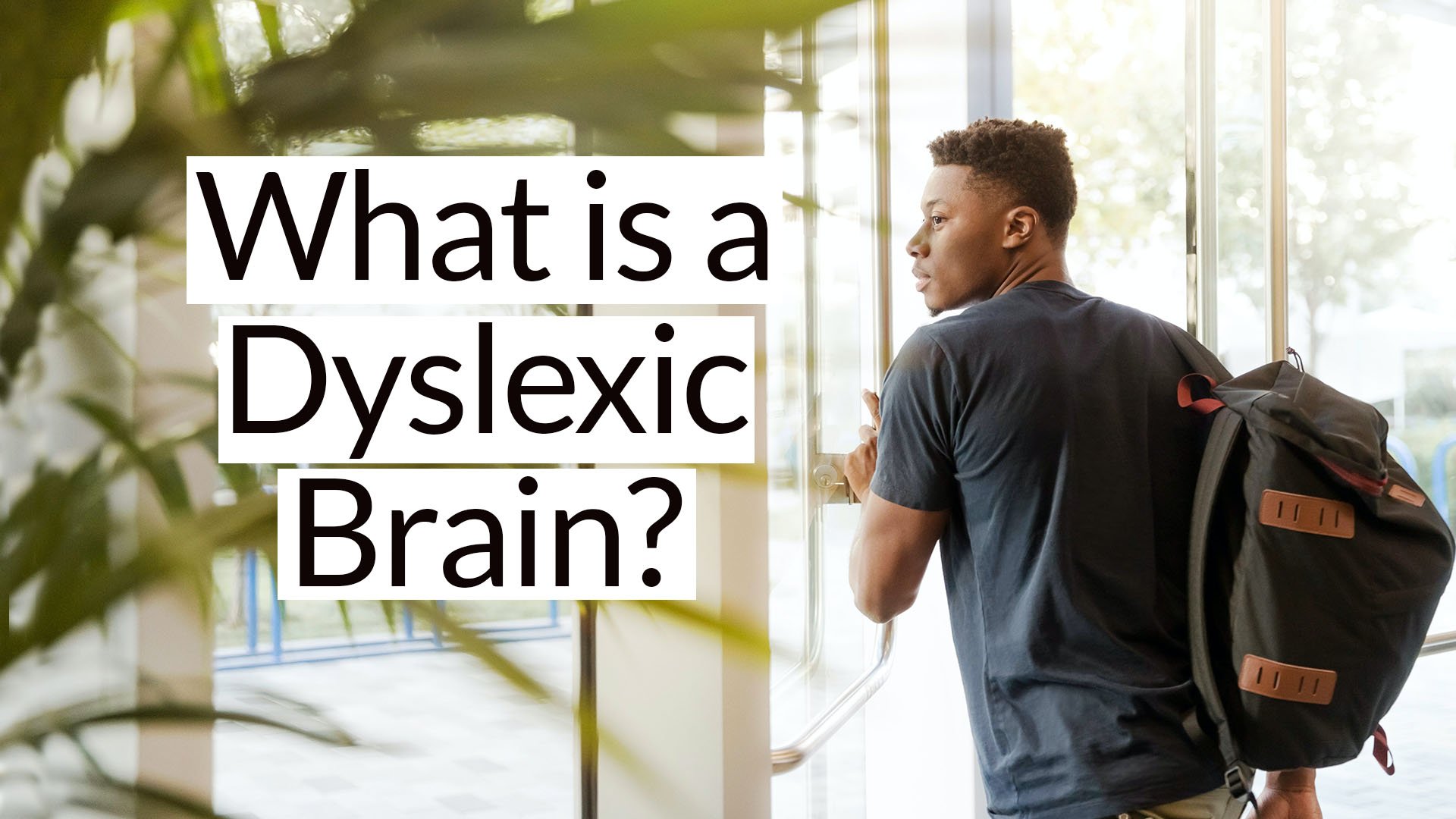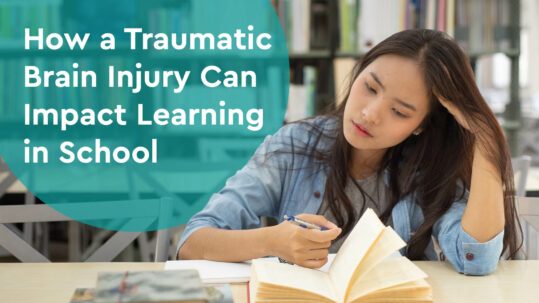How Does Dyslexia Impact Learning Strategies and Study Approaches in Post-secondary Students?
Dyslexia is a lifelong learning disability. Often diagnosed in childhood, children with dyslexia have substantial difficulty with reading in comparison to their peers. In adulthood, these reading difficulties may persist. Little is known about how dyslexia impacts people in post-secondary education, particularly in regards to learning strategies and study approaches. In this blog post, we discuss how dyslexia affects learning strategies and study approaches in post-secondary education.
The Study
Kirby, Silvestri, Allingham, Parrila, & La Fave (2008) studied 36 students with dyslexia and 66 typically achieving students in post-secondary education institutions in Canada. Kirby et al. (2008) hypothesized that learning strategy would be positively related to a student’s reading ability. In their study, Kirby et. al (2008) administered several learning and study assessments that provided information as to a student’s: reading speed and comprehension, word reading ability, reading history, approach to learning, and learning and study strategies.
The Findings
Students with dyslexia had more difficulty with reading rate and comprehension than did their typically achieving peers.
However, researchers found four interesting differences between students with dyslexia in comparison to their peers without dyslexia:
- Students with dyslexia and a history reading difficulties are more likely to rely on using study aids.
- Students with low reading speed are more apt to use study aids than peers with higher reading speed.
- Students with dyslexia tend to focus more on time management skills and making study aids than selecting the main idea of what they are reading and practicing test-taking strategies.
- Students with dyslexia self-report deeper approaches to learning, such as trying to understand main ideas.
What does this Mean for Working with Students that have Dyslexia?
Students with dyslexia have difficulty learning and retaining information that is read. Previous research has shown that students with dyslexia require more cognitive resources to decode words, leaving little resources available to comprehend written material. When it comes time help students with dyslexia here is how you can help:
- Provide reading support
- Work on decoding strategies
- Strengthen working memory
- Practice effective test-taking strategies
- Guide students on how to implement strategies that allow them to understand main ideas and key points from written material
Having dyslexia does not mean a student will end up failing their entire life. Dyslexia merely means that a person’s brain operates a little bit differently than a normal, non-dyslexic person. Learn about the dyslexic brain in our blog article.










